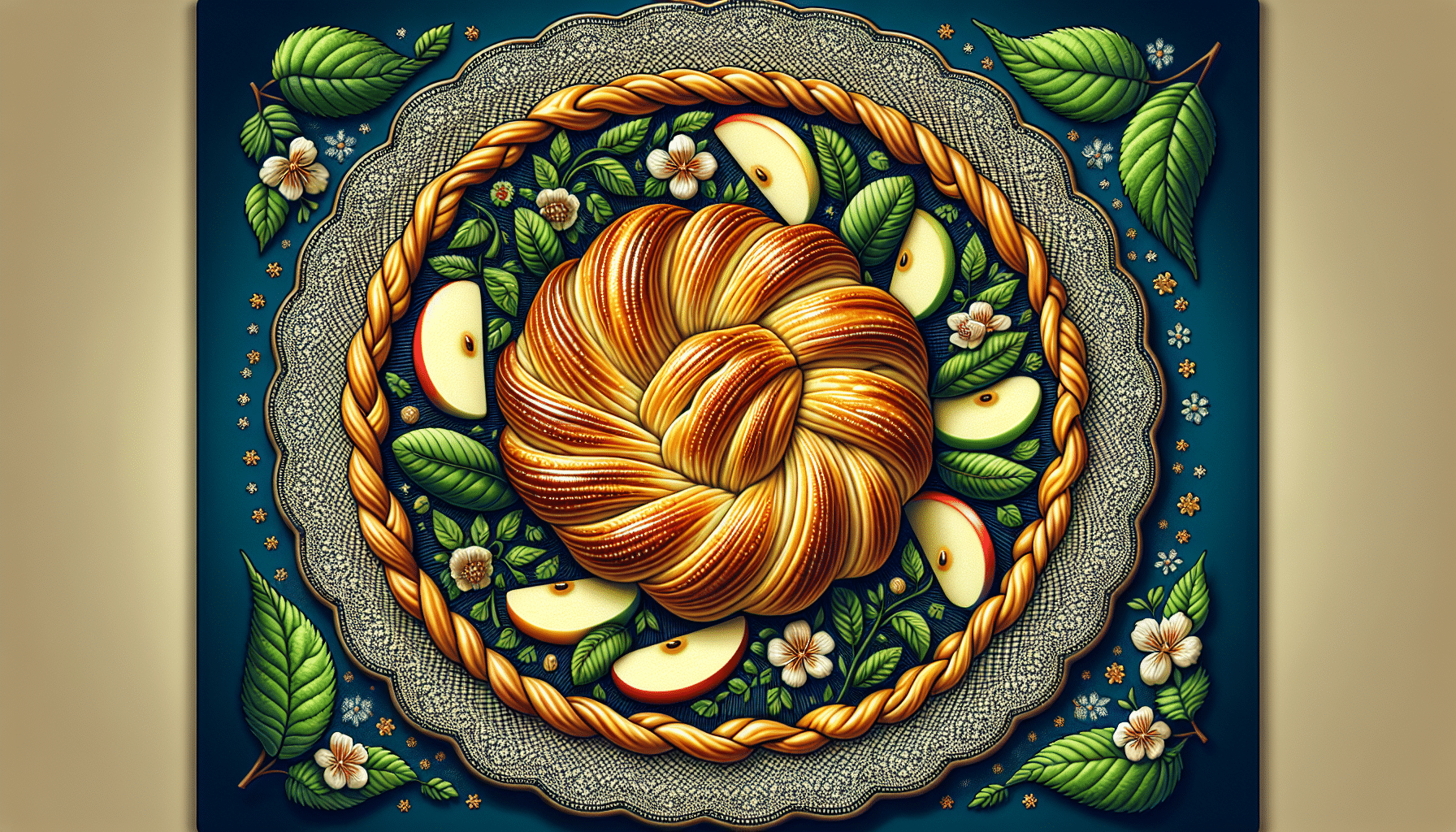Here’s the translation to American English:
A new trend in pastry is catching the attention of cake lovers in Spain: the puff pastry apple braid. This sweet treat, which combines the lightness of puff pastry with the freshness of apple, has become the star of cafes and bakeries across the country.
The braid is made from a sheet of puff pastry, which is cut into strips and filled with caramelized apples. The recipe can vary, but many versions include cinnamon, nutmeg, and sometimes a touch of vanilla, enhancing the flavor of the fruit. Once braided and baked, the result is a crunchy exterior and juicy interior, perfect for pairing with coffee or tea.
Gastronomy experts emphasize that this dessert is not only delicious but also versatile. It can be served hot, warm, or cold, making it perfect for any occasion, from a special breakfast to a snack with friends. Additionally, its visually appealing appearance makes it an ideal choice for celebrations and events.
The popularity of the puff pastry apple braid has also sparked a resurgence in interest in traditional recipes. Many cooking enthusiasts are experimenting at home, trying to recreate this delightful specialty. Social media platforms like Instagram have been key to its spread, with numerous posts showcasing the preparation process and final results.
This trend benefits not only consumers but also local apple producers, who have seen an increase in demand for this fruit. Thus, the puff pastry apple braid presents itself not only as a delicacy but also as a way to support the local economy and promote the consumption of locally sourced products.
Meanwhile, bakeries and cafes continue to offer their own variations of the treat, each with its special twist. With fresh ingredients and careful presentation, the puff pastry apple braid shows no signs of disappearing from the Spanish culinary landscape. It is a clear example of how traditional recipes can be reinvented and adapted to contemporary tastes, creating a link between the past and present in pastry making.
Source: MiMub in Spanish










